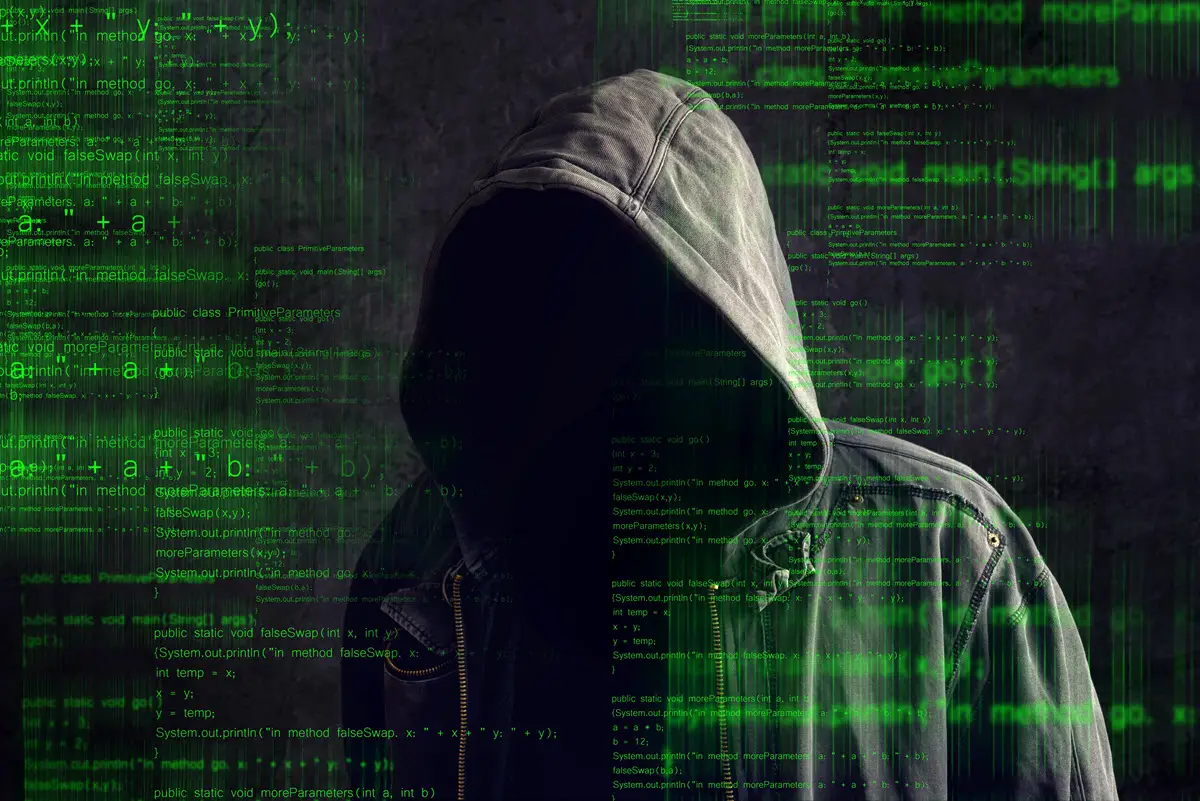The Hacker’s Dilemma: Balancing Innovation With Responsibility

Estimated reading time: 5 minutes
Table of contents
- Key Takeaways
- Exploring the Dual Nature of Hacking
- The Many Faces of Hacking: From Black Hat to White Hat
- Why Hacking Matters: The Impact on Society and Business
- Ethical Considerations in the Hacker Community
- Hacking in Pop Culture: More Than Just a Plot Device
- Education and Hacking: Cultivating the Next Generation of Cybersecurity Experts
- Government and Policy: Responding to the Hacking Challenge
- The Future of Hacking: Trends and Predictions
- Staying Safe: Tips for Protecting Yourself Against Hacking
- Conclusion: Balancing Innovation with Ethical Responsibility
Key Takeaways
- Understanding the diverse implications and types of hacking in today’s cybersecurity landscape.
- Evaluating the ethical considerations that guide the hacker community and their influence on digital security practices.
- Analyzing how hacking affects individuals, businesses, and global policies while reflecting on its portrayal in media and pop culture.
- Identifying strategies to educate aspiring cybersecurity professionals and protect against cyber threats.
- Highlighting the importance of maintaining ethical standards as technological innovations continue to evolve.
Exploring the Dual Nature of Hacking
Once perceived primarily as a clandestine activity, hacking has split into distinct paths, with some hackers exploiting vulnerabilities for personal gain while others utilize their skills to advance security measures. The modern digital age presents new challenges in cybersecurity, with the term “hacking” now embodying a duality that can instill fear or generate admiration. Serious incidents associated with malicious cyber thefts and hacks have heightened public and corporate awareness of the need for robust digital defenses. Conversely, innovative problem-solving by ethical hackers demonstrates that hacking isn’t inherently evil but can contribute to creating more robust, more secure systems.
The Many Faces of Hacking: From Black Hat to White Hat
The world of hacking is diverse, featuring the notorious “black hat” hackers who seek to breach data for illegal gains alongside “white hat” hackers who embody the antithesis, working to secure entities from such threats. Central to effective cybersecurity strategies is the work of ethical hackers, who think like their black hat counterparts but operate within a legal and moral framework. Ethical hackers play a crucial role in cyber defense by identifying and patching vulnerabilities. The corporate demand for white hat hacking services is on the rise as organizations seek to fortify their systems against ever-evolving cyber threats.
Why Hacking Matters: The Impact on Society and Business
In the interconnected realm of the internet, hacking carries weighty consequences for individuals and businesses. Aside from causing significant financial damage, hacks can erode the trust of customers and stakeholders, compromising personal data and corporate secrets. Businesses of all sizes recognize the necessity of investing in cybersecurity to protect against these intrusions. As organizations increasingly house sensitive information in digital formats, understanding the complexities of hacking and its repercussions has evolved into IT security, business continuity, and reputation management.
Ethical Considerations in the Hacker Community
While technical prowess is a celebrated trait among hackers, the governance of such power by ethical considerations differentiates white hat hackers from their evil counterparts. Ethical hackers often adhere to a code that respects the confidentiality and integrity of information systems, focusing their skills on enlightening rather than exploiting. Controversially, the lines of ethical hacking can become blurred with the advent of hacktivism hacking for a political or social cause.
SEE ALSO: Avoid Getting Your Facebook Hacked With These Helpful Tips
Hacking in Pop Culture: More Than Just a Plot Device
Film and television have long cast hackers as insidious masterminds or quirky genius vigilantes. Despite its sensationalism, pop culture has a hand in shaping public perceptions of hacking. The glamorization of the hacker archetype can inspire a broad audience but may also gloss over the real-world complexity and diligence inherent in actual cybersecurity work. Reflecting on how media representations align with or misconstrue actual cybersecurity issues can help demystify the field and highlight the genuine importance of ethical hacking in safeguarding society’s digital assets.
Education and Hacking: Cultivating the Next Generation of Cybersecurity Experts
Cybersecurity education is imperative to nurturing a skilled workforce ready to tackle the mounting threats in cyberspace. Incorporating ethics into these educational initiatives is as critical as imparting technical know-how. Academic programs must equip students with sophisticated defensive techniques and an understanding of the ethical implications surrounding digital intrusion and defense. This holistic approach fosters a well-rounded perspective among future professionals responsible for innovative and ethical hacking in protecting networks and sensitive data.
Government and Policy: Responding to the Hacking Challenge
As the virtual realm becomes increasingly embattled, government responses to hacking evolve from reactive postures to proactive strategies. In an increasingly digitized global landscape, national policies and international cyber laws are being formulated to counteract hacking threats and act as deterrents.
The Future of Hacking: Trends and Predictions
Each year, the evolution of technology brings new trends that will inevitably influence the future of hacking. Emerging technologies such as quantum computing and blockchain offer the potential for enhanced security measures while presenting challenges. Keeping abreast of these developments and understanding their implications is paramount for cybersecurity professionals who must anticipate black hat hackers’ nefarious use of innovation. Ethical hackers thus have their work cut out for them as they stay ahead in the ongoing digital arms race between cyber protection and exploitation.
SEE ALSO: Are Hacker Attacks a Real Threat to Small Businesses?
Staying Safe: Tips for Protecting Yourself Against Hacking
In the age of rampant cyber attacks, personal cyber hygiene becomes as essential as locking one’s doors at night. Simple actions such as regularly updating software, using complex passwords, and enabling multi-factor authentication can significantly fortify one’s defenses against potential hacking attempts. On a larger scale, businesses must invest in comprehensive cybersecurity strategies to protect their infrastructure and customer data from skilled hackers. Regular security audits, employee training, and a culture of cyber awareness contribute substantially to a robust security posture.
Conclusion: Balancing Innovation with Ethical Responsibility
In conclusion, the rise of hacking has brought to light the fragility and resilience of our digital infrastructures. As society becomes ever more dependent on digital technologies, the role that hacking plays morphs and expands. It remains a constant challenge to balance the need for innovative approaches in cybersecurity with the ethical responsibilities that come with such power. The ongoing conversation around ethical hacking is integral to ensuring that as our digital capabilities grow, so does our collective security and moral compass. This delicate balance is critical to maintaining trust and order in an increasingly digitized world.








